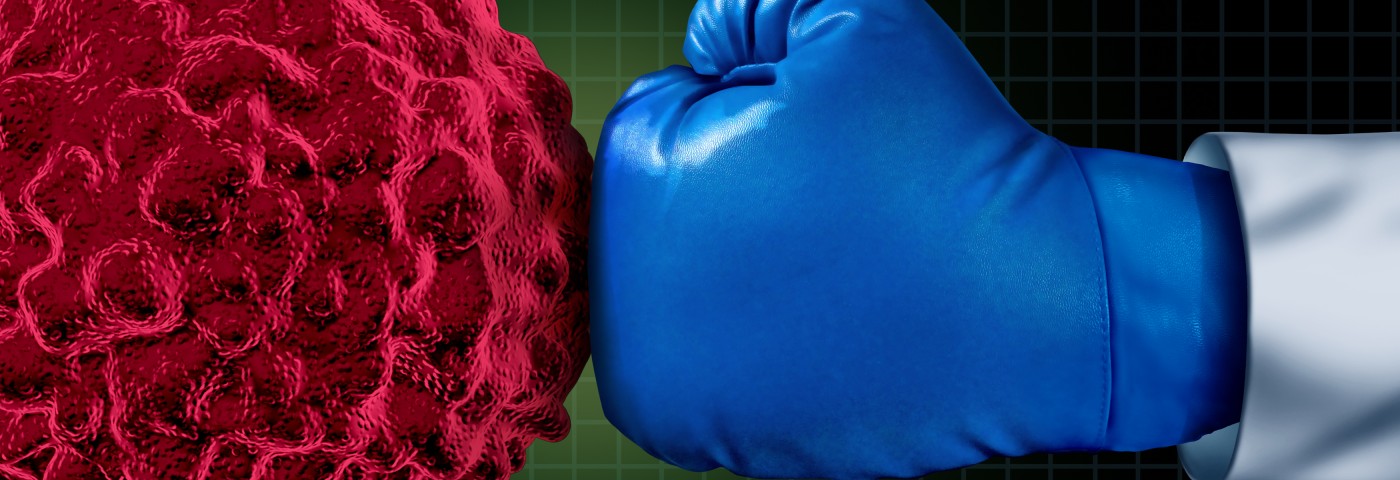Presentations at the recent ASH annual meeting reporting novel results from small-scale clinical trials using CAR T-cell technology to treat lymphoma patients were reviewed in very enthusiastic terms by Dr. Marcela Maus, from the Massachusetts General Hospital Cancer Center, in an interview with Healio.
CAR T-cell immunotherapy uses patients’ own immune cells to target cancer tissue. Immune T-cells are isolated from the blood and bioengineered to recognize tumor antigens, specific molecules on the surface of all cells. Antigens form the foundation of processes allowing the immune system to distinguish between self and non-self. In other words, cells are labeled so that the immune system knows which cells to attack.
By engineering T-cells to recognize specific tumor antigens, the immune system is boosted to target the tumor. The cells are grown in the laboratory before being injected back into the patient, where they continue multiplying.
The report from the December 2015 ASH (American Society of Hematology) meeting mentions two small trials of CAR T-cell therapy in patients with lymphoma. The first study, performed by Stephen Schuster from the University of Pennsylvania, reported remarkable improvement following a single dose of CAR T-cells directed at CD19+ in 30 patients suffering CD19+ diffuse large B-cell lymphoma (DLBCL). The improvement was measured up to a year following treatment.
The study showed that the CAR T-cells were multiplying in the patients and that the degree of expansion was not always proportional to the treatment response — a new finding that might differ from earlier studies in acute lymphoblastic leukemia patients.
The second trial, performed by Dr. Cameron Turtle and colleagues at the Fred Hutchinson Cancer Research Center, in Seattle, had around 30 nNHL) and c (CLL) patients enrolled in a study using CAR T-cells composed of an equal ratio of CD4+ and CD8+ T-cells.
CD4 and CD8 are surface markers of T-cells associated with different cell functions. CD4+ T-cells are also called T-helper cells and are involved in initiating other parts of the immune response, while CD8+ T-cells have cytotoxic properties and are capable of destroying target cells.
The Seattle group also reported significant responses, specifically noting that once the cells were allowed to divide inside the body, the CD8+ cell type started dominating in some patients. The addition of the chemotoxic agent fludarabine further improved the response in this study.
Dr. Maus said the findings were “tremendously exciting,” giving hope to lymphoma patients worldwide.


